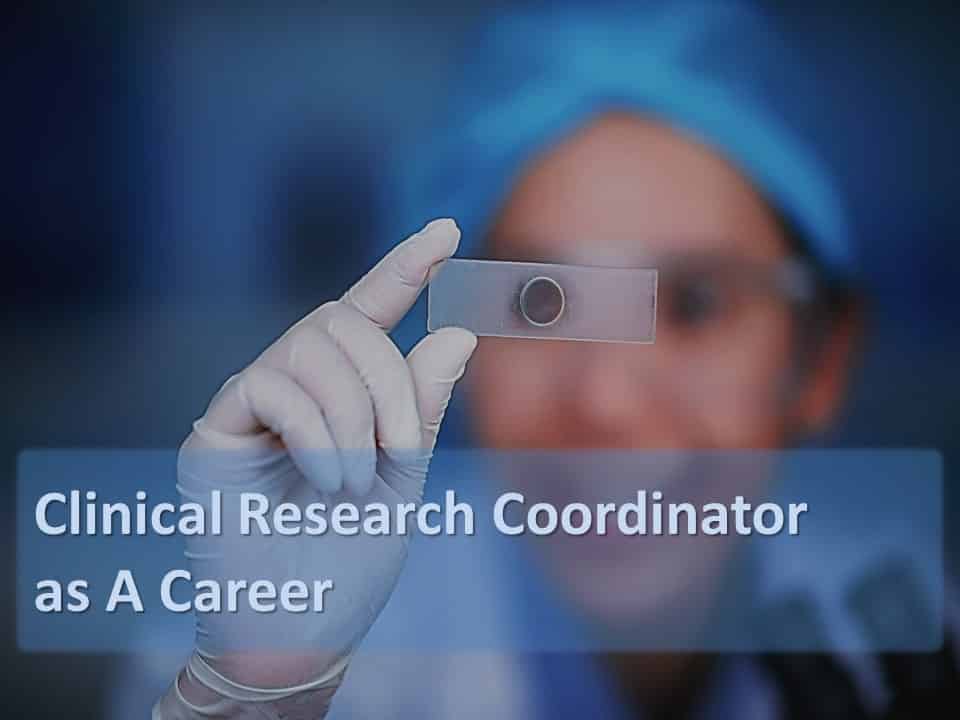Different kinds of clinical research coordinator
Laboratory technician
A laboratory technician is a professional who manages and uses laboratory equipment for carrying out specific functions about medical trials or any research that belongs to varied areas of science.
Table of Contents
General physician
A general physician offers primary care to patients and gives medicines as per the diagnosis.
Clinical research supervisor
Clinical research supervisors work in the field of medicinal research and discovery section of the healthcare sector. They are responsible for supervising and leading the medical staff who are responsible for the conduct of trials.
How to become a clinical research coordinator?
Here are a few tips to consider if you want to be a successful clinical research coordinator:
- Graduate from a high school: You can take several paths to being a clinical research coordinator, but one crucial step is a high school diploma or graduation as it offers you lessons on various subjects such as biology, physics, math, English, and communication.
- Get a bachelor’s degree: Prepare for a clinical research coordinator career by pursuing a Bachelor of Science degree in health science, life research, clinical research, or biological science.
- Gain some experience: Many employers who hire entry-level clinical research coordinators prefer those candidates with some experience in the field. You can gain some experience through internship opportunities or part-time work in a research laboratory.
- A master’s degree: If you get a master’s degree in clinical research or such field, you will qualify fr management or supervisory role. Many universities offer good flexibility for clinical research coordinators who work full time.
- Certification: On gaining some experience as a clinical research coordinator, you can select to pursue certification for being a certified clinical research associate. For this, candidates need to offer documentation that proves that they work independently as investigation officers doing research. They work for any sponsor like a university department or any pharmaceutical company.
- Learn about current research programs: Research practices will change with time, and proficient clinical research coordinators must stay informed about the best research practices. You can attend some local workshops, learn about the current trends or continue developing knowledge.
We, on Labmonk.com provides articles on practical methods of experiments.
You can read theory notes on Labmonk Notes.
Please check out and contact us if interested to write for us.

